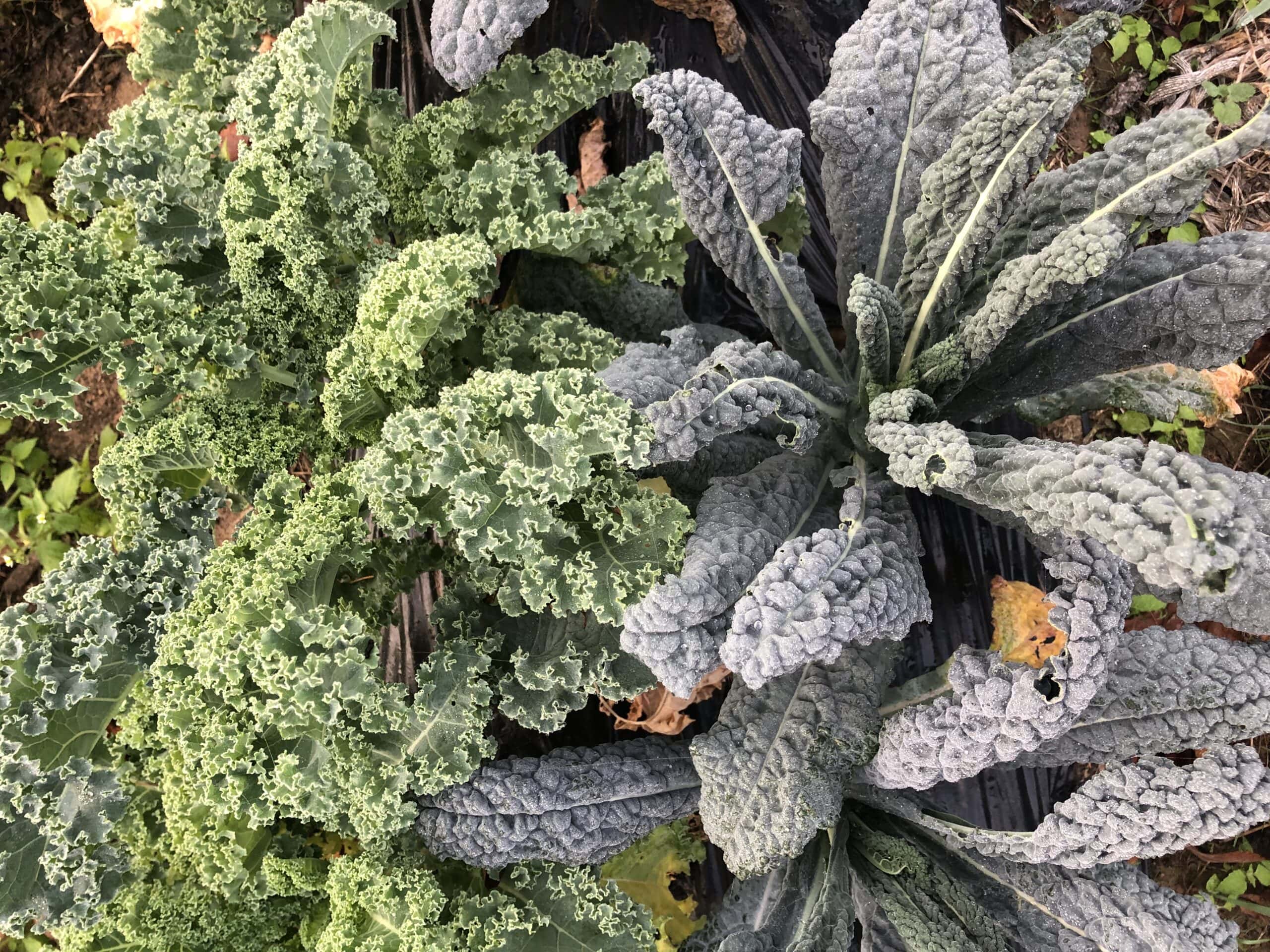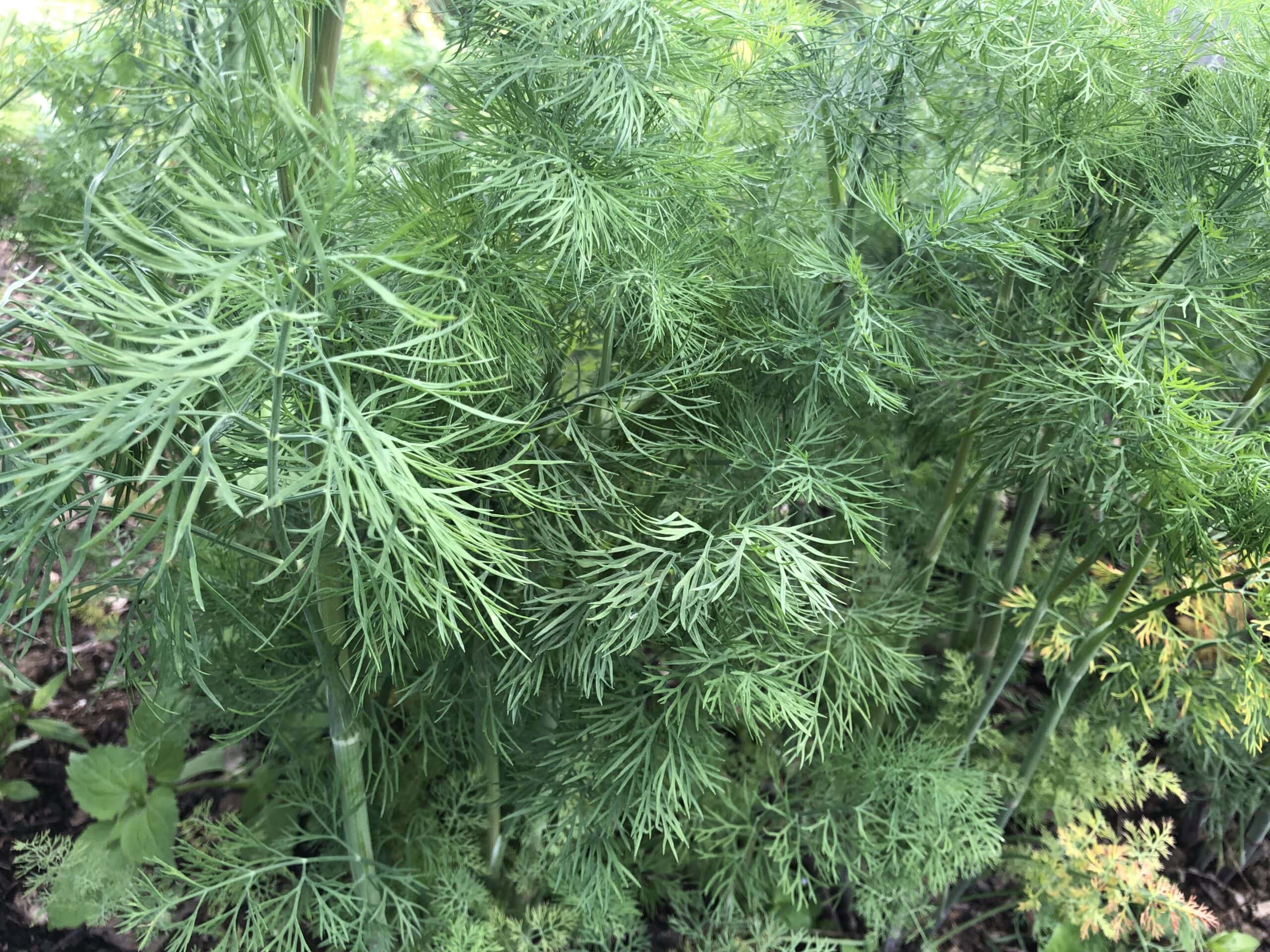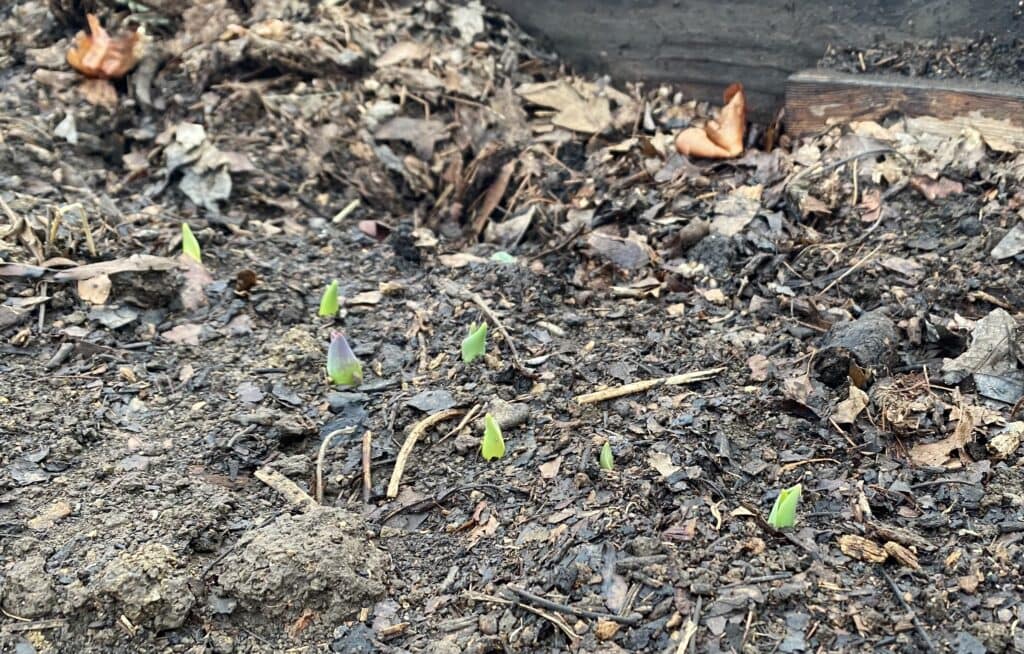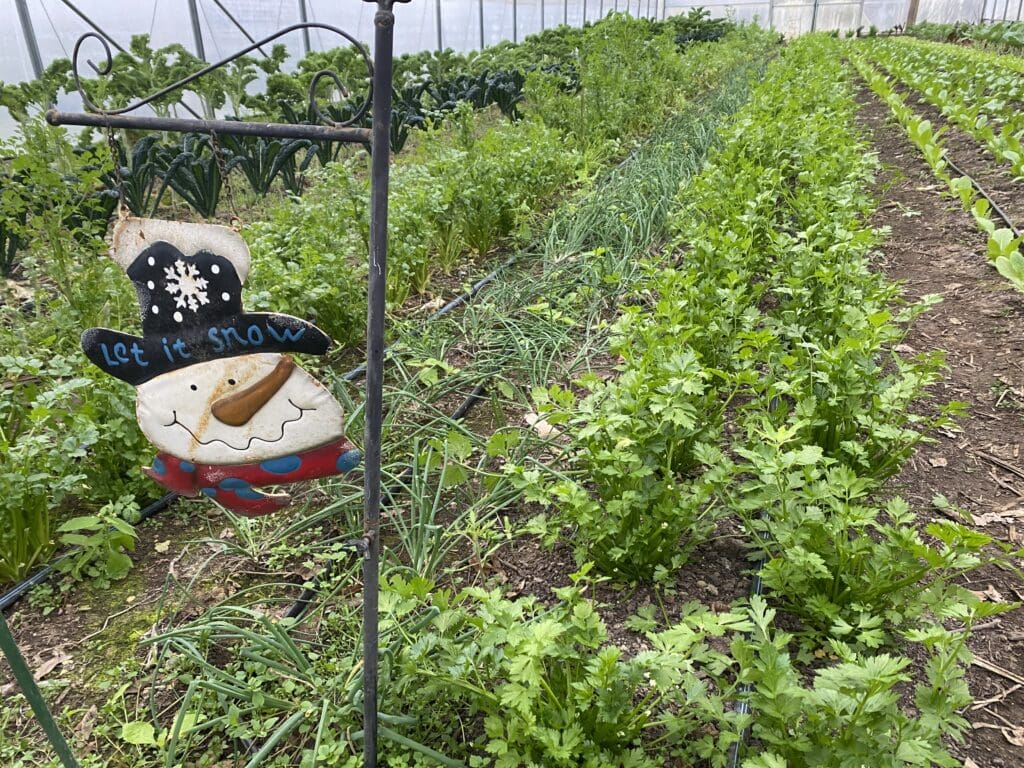This post may contain affiliate links. Probably doesn’t, but it might. It doesn’t cost you anything extra but if you use these links to buy something, we may earn a commission.
How Small Farms Make a Big Difference
Why is sustainability in agriculture crucial?
There are several environmental benefits of sustainable agriculture. This includes a focus on soil health. Sustainable agricultural practices use techniques such as crop rotation, cover cropping, and reduced tillage, which help reduce erose, increase water retention, and enhance soil fertility.
The reduced use of synthetic pesticides and fertilizers changes the trajectory of the negative impact on the environment created for decades by various chemicals. By using natural and plant-based methods for pest and weed management, sustainable agriculture improves the land while avoiding harm to the soil and water systems.
Sustainable agriculture promotes biodiversity by preserving and enhancing habitats. Planting and maintaining diverse crops enhances the environment for the native pollinators. The diversity provides a sustainable livelihood for small acreage farmers.
Through the practices such as conservation tillage, cover crops, and the incorporation of livestock into cropping systems, greenhouse emissions can be diminished by reducing the need for energy intensive inputs. Overall, sustainable agriculture helps to promote healthy ecosystems and to protect natural resources.
Social benefits of small farms and sustainable agriculture
Sustainable agriculture through small farms has numerous social benefits, including improved food security. With improved crop yields on small farms and active community interaction, more people in the neighborhood can have access to fresh produce. Small farms often hire people from within the local district, which assists in employment numbers. Sustainable agriculture helps protect natural resources such as soil, water, and biodiversity, which can ensure the survival of the farm for future generations.
Small farms help provide economic opportunities in rural area and help promote business enterprises. Viable small farm businesses help protect and preserve the land for years to come. Sustainable agriculture can help improve the health of individuals by providing access to fresh and healthy food, reducing the use of harmful pesticides and herbicides, and promoting physical activity. Sustainable agriculture on small farms can improve the social fabric of a community; the farm provides economic opportunities, preserves natural resources, and improves the health of individuals, all of which can have positive social impacts.
Reduced greenhouse emissions
Reduced greenhouse emissions improve air and water quality. Greenhouse emissions are linked to both air and water pollution, which harms the public health. By reducing these emissions, the community can enjoy cleaner air and water, leading to a healthier environment.
Greenhouse emissions contribute to climate change and volatile weather, rising sea levels, and other severe consequences. Reduction of emissions can only help. Sustainable agriculture helps sequester carbon into the soil, which reduces the amount of carbon dioxide in the atmosphere. Fertilizers are a major source of nitrous oxide emissions, which is a potent greenhouse gas. Implementing natural methods of crop rotation, cover crops, and intercropping reduces this source of greenhouse gas.
Improved grazing practices and managing animals helps reduce the amount of methane produced. Small farms promote animal diversity and use natural feed to help keep the air healthy as well as the soil.
Healthier soil with small farms and sustainable agriculture
Farmers with small acreage are well aware of how critical it is to keep the soil in the best possible condition. They understand the key elements of compost, renewing the soil with natural elements, cover cropping to return nutrients to the soil, and crop rotation to keep pests and disease out of the soil. Rather than use chemicals which can have long-term adverse effects on the soil and water, sustainable farmers use methods which work in harmony with the soil.
Small farms as a sustainable option
Small farms can be a sustainable option for several reasons. First, small farms are often more diversified than large industrial farms, which means they are less reliant on monoculture crops and can better withstand environmental pressures. By planting a diversity of crops, the small farm has a healthier environment for the local ecosystem and helps build vigorous growing area. Second, small farms tend to use more regenerative and organic farming practices, which can lead to healthier soil and more nutrient-rich crops. Finally, small farms tend to have a closer relationship with their local communities, which can reduce the environmental impact of transportation and packaging.
How can the community support small sustainable farms?
Buy local! By purchasing produce from small, local farms, consumers can support sustainable agriculture and reduce the environmental impact of food transportation.
Join a community supported agriculture (CSA) program. CSA programs allow consumers to buy a share of the local farm’s harvests and receive a regular supply of fresh, seasonal produce. This helps support small farmers by providing them with a predictable source of income.
Volunteer at a local farm. Many small farms rely on volunteer labor to help with a variety of tasks, including planting, harvesting, and packing CSA shares. By volunteering, people can support sustainable agriculture and learn more about the farming process.
Attend farmers markets. Famers markets provide a direct connection between consumers and small farmers, allowing people to purchase fresh produce and learn more about the sustainable agriculture practices in their community.
Advocate for local food policies. By advocating for policies that support small, sustainable farms, such as zoning regulations that encourage urban farming, people can promote practices that help nurture their local environment.
Conclusion
The farm in your community needs your support in order to farm the way that they do: renewing the health of the soil, taking care of the ecosystem of pollinators and native plants, bringing fresh produce to the community, reduced packaging and transportation. The non-farmers can help by participating in a CSA program, buying at a farmers market, supporting regulations and zoning that protect farms. Healthy soil grows healthy food which can feed healthy people.
Additional Resources:
To see the kinds of topics pursued by farmers who want to grow sustainably, check out Future Harvest Chesapeake Alliance for Sustainable Agriculture. They are serious about using sustainable agriculture to make big changes in our climate and our world.
PASA Sustainable Agriculture also hosts a variety of resources and workshops for farmers to create ecologically sound farms.





